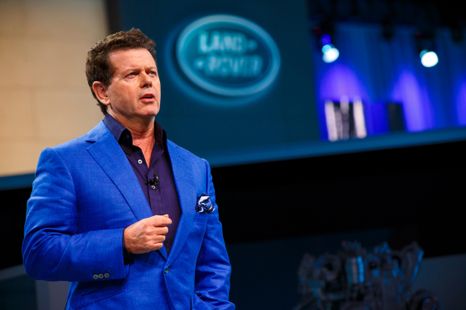

Damion Smy
‘Sacked’ Jaguar Land Rover design boss is back
24 Minutes Ago

News Editor
Apple’s first-ever vehicle will not only be an electric vehicle, it’ll be fully autonomous.
CNBC reports a source close to the project has said the cars, which may be built by the Hyundai Motor Group, won’t be designed to have a driver.
“These will be autonomous, electric vehicles designed to operate without a driver and focused on the last mile,” the source said.
It’s possible the Apple Car will be designed for last-mile delivery or robotaxi services.
The tech giant is close to finalising a deal with the Hyundai Motor Group to start building the car in 2024 at Kia’s West Point, Georgia assembly factory in the US, which currently builds the Kia Sorento, Telluride and K5.
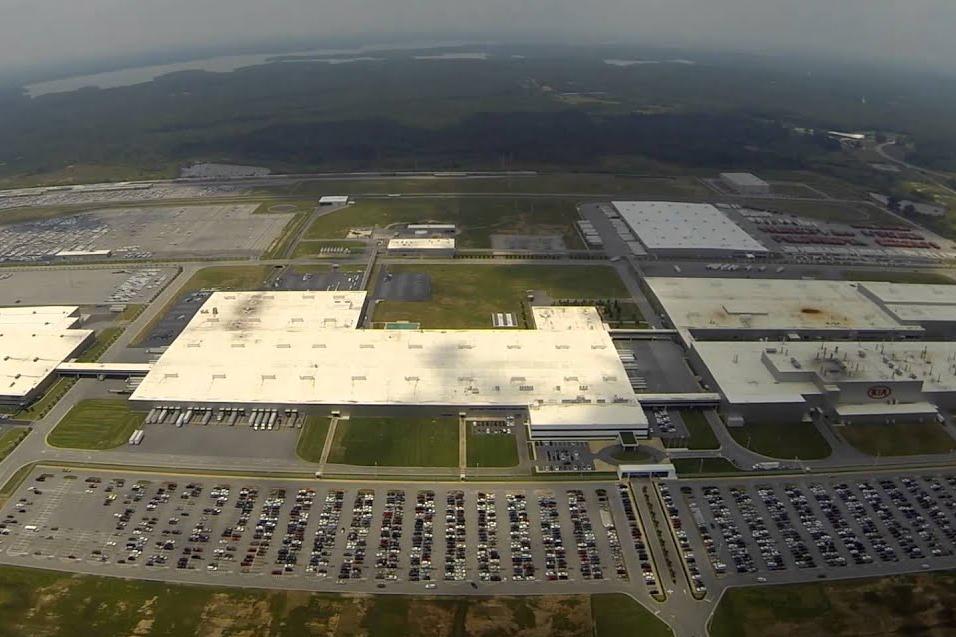
Sources told CNBC the rollout could be pushed back as no formal agreement has been reached yet between the two companies, and that Apple could decide to partner with another automaker instead of or in addition to Hyundai.
According to sources, Apple wants to build its vehicle in North America with an established automaker so it can control the software and hardware that go into the vehicle.
An earlier report said Hyundai and Apple are planning to release a “beta version” of the Apple car next year.
It also wants to tap into a global automotive and mobility market that’s valued at US$10 trillion (A$13 trillion).
Apple has declined to comment – unsurprising given it has been famously secretive about its vehicle development efforts – but a Korean news outlet recently reported word from a Hyundai official that the company was in early talks with Apple.
Hyundai chairman Euisun Chung, who stepped into his role last October, has reportedly made clear that mobility is the future of the company.
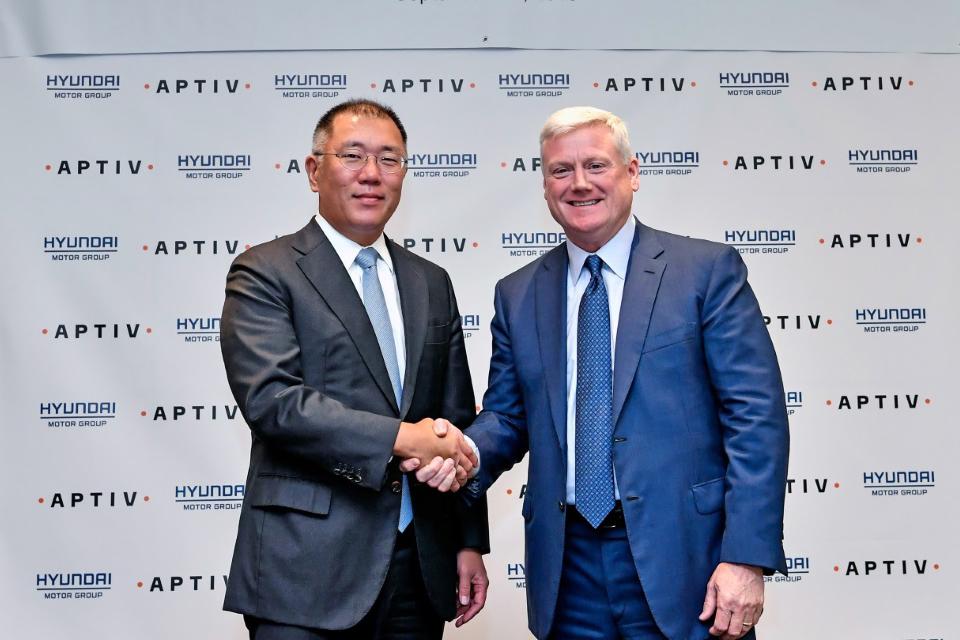
Working with Apple will allow Hyundai to accelerate development of their own autonomous vehicle plans. It’s currently part of a joint venture with Aptiv where both companies are working together on autonomous vehicle technology.
Apple is reportedly developing new lithium-ion battery technology to “radically” reduce battery cost and increase range.
The mooted “monocell” battery pack uses larger cells to free up space, and does away with the pouches and modules holding batteries in conventional electric vehicle lithium-ion units.
Apple’s existing LiDar sensors, used to aid the cameras and augmented reality functionality on the latest iPhones and iPads, could form the base of the car’s suite of semi-autonomous driver assistance features.
Apple’s foray into autonomous electric vehicle development could put them on a collision course with Tesla.
Already known for its semi-autonomous Autopilot driving technology, Tesla has been rolling out its more advanced Full Self Driving feature.
CEO Elon Musk has also suggested Tesla could delve into self-driving robotaxis as a means of improving revenues per car.
Various Tesla executives have left the company to join Apple, including Tesla’s former vice president of engineering, Michael Schwekutsch, who’s now the Apple Special Project Group’s senior director of engineering.
MORE: Hyundai news, reviews, comparisons and videos MORE: Kia news, reviews, comparisons and videos
Go deeper on the cars in our Showroom, compare your options, or see what a great deal looks like with help from our New Car Specialists.
William Stopford is an automotive journalist with a passion for mainstream cars, automotive history and overseas auto markets.


Damion Smy
24 Minutes Ago
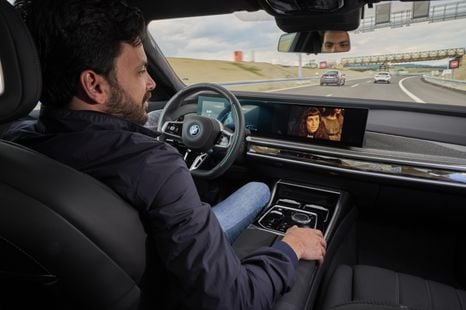

Ben Zachariah
3 Hours Ago
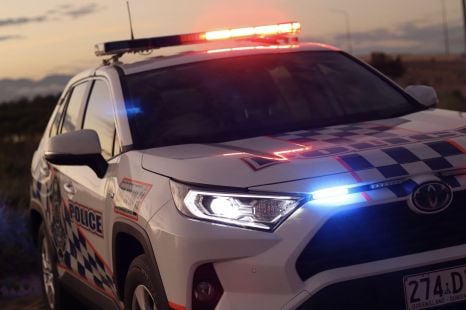

CarExpert
4 Hours Ago
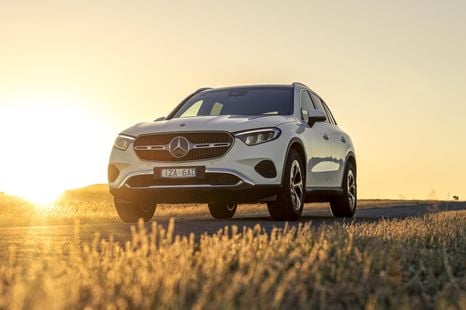

William Stopford
5 Hours Ago
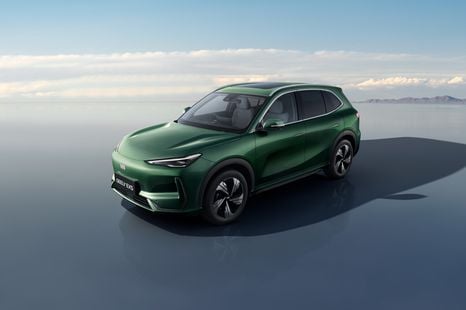

William Stopford
6 Hours Ago
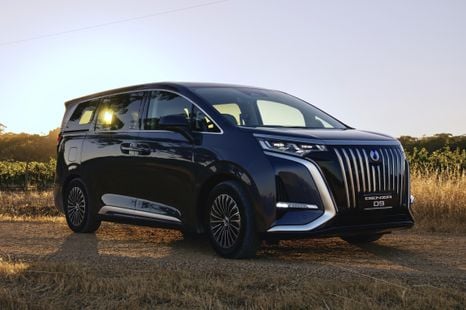

Max Davies
7 Hours Ago
Add CarExpert as a Preferred Source on Google so your search results prioritise writing by actual experts, not AI.